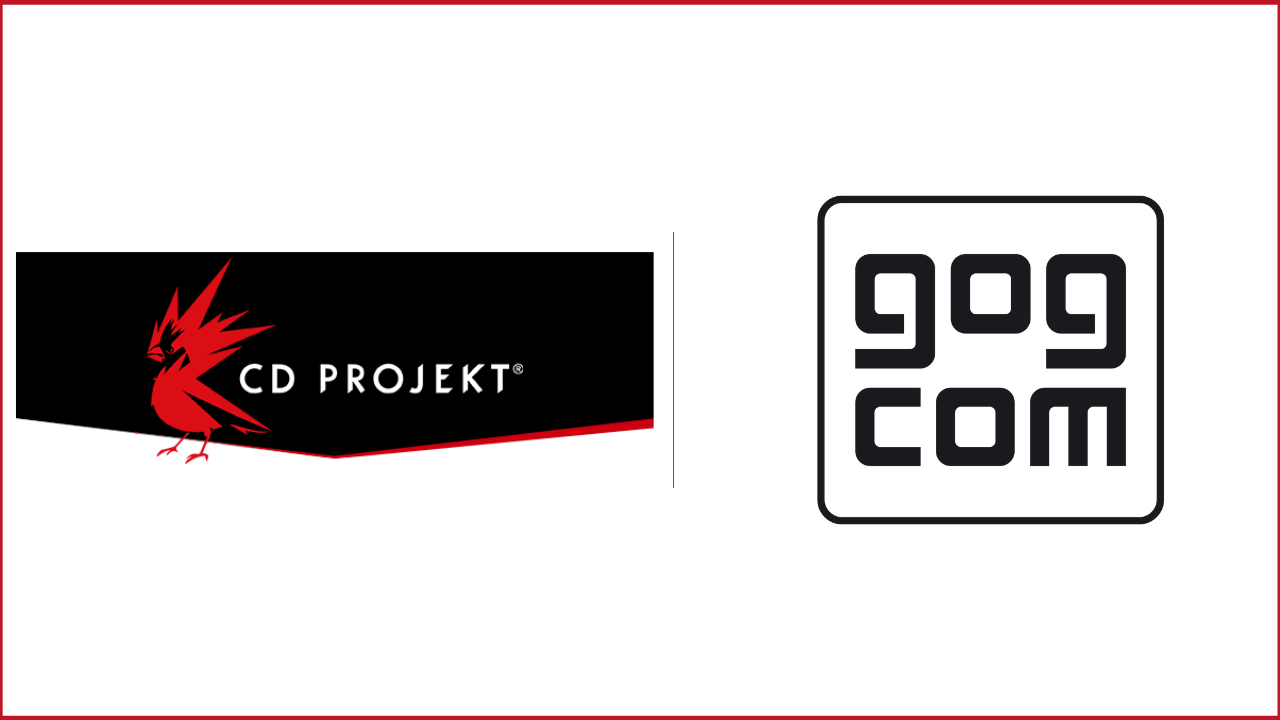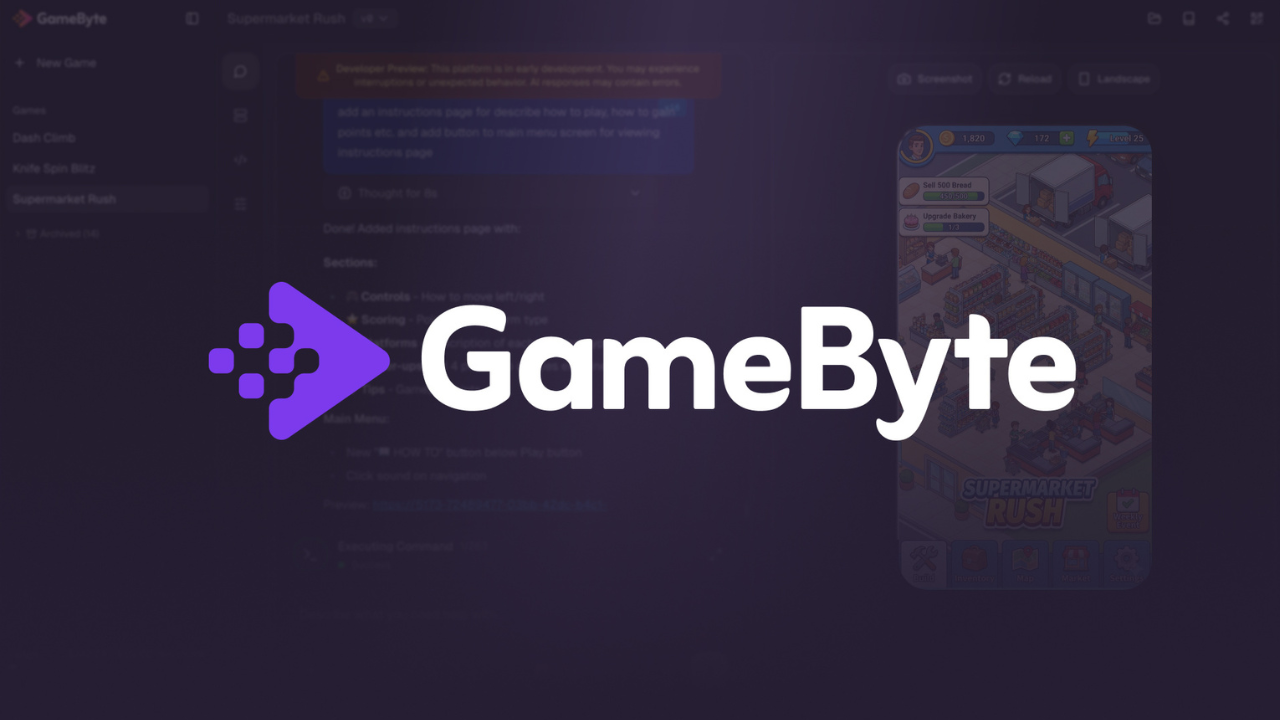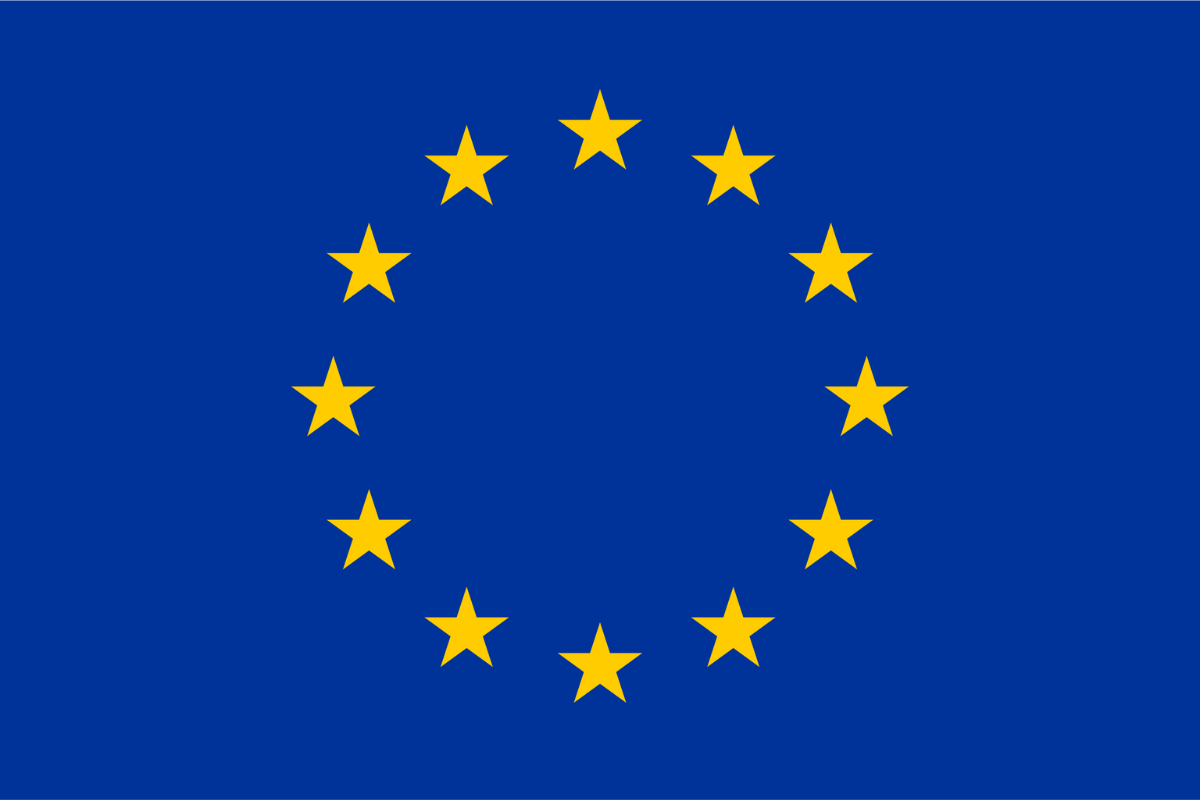The European Union is preparing new consumer protection proposals that could reshape how developers design, price, and manage in-game purchases.
While policymakers frame the initiative as a way to ensure transparency and fairness for players, industry leaders warn it may disrupt key monetization systems used across mobile and online games.
What Is Being Proposed?
The European Commission is developing a new regulation informally referred to as the Digital Fairness Act (DFA). The proposal aims to update consumer protection laws for the digital age and will cover platforms, applications, and interactive entertainment — including video games.
Key areas under discussion include:
- Banning “dark patterns” – manipulative design choices such as hidden opt-outs, misleading countdowns, or purchase pressure tactics.
- Price transparency – requiring developers to display real-money values next to virtual currencies like gems or coins at checkout.
- Refund rights – simplifying refund and withdrawal processes for digital transactions.
- Advertising clarity – enforcing stricter rules for influencer and affiliate marketing to ensure players can easily identify paid content.
Separately, the Consumer Protection Cooperation (CPC) Network — a coalition of EU member state consumer authorities — published guidance on virtual currencies earlier this year. The document outlines expectations for:
- Displaying euro equivalents for in-game tokens during purchases.
- Avoiding bundled or misleading pricing structures.
- Providing clear, accessible refund options for virtual currency purchases.
Although this guidance is not yet legally binding, it signals how regulators may approach enforcement in the near future. The European Game Developers Federation (EGDF) expects the formal Digital Fairness Act proposal to appear in autumn 2026.
How the Games Industry Is Reacting
The European Games Developer Federation (EGDF) has warned that the direction of EU consumer policy could “fundamentally change how free-to-play games operate” if the CPC’s principles become law. It argues that overly broad interpretations could restrict standard monetization practices that sustain thousands of studios in Europe.
Similarly, Video Games Europe (ISFE) submitted a consultation response in September 2025, cautioning that vague definitions could “pave the way to a ban on in-game currencies.” The organization called for evidence-based policymaking and data-driven regulation.
Supercell CEO Raises Alarm
Supercell CEO Ilkka Paananen publicly warned that the proposed EU rules could “cripple Europe’s games sector” if they treat every in-game purchase as a financial transaction.
He argued that virtual currencies are convenience tools, not financial products, comparing them to tokens used in amusement parks. Paananen said that requiring each in-game transaction to include full disclosures or compliance checks could “kill how many games fundamentally work.”
He also urged policymakers to engage in open dialogue with the games industry, emphasizing that European developers already operate under extensive consumer and data protection frameworks.

Main Concerns from Developers
- Uneven Competition: Developers in the EU may face stricter obligations than counterparts outside Europe, potentially reducing competitiveness.
- Operational Impact: Implementing euro-equivalent displays and redesigning store interfaces may lead to operational issues.
- Revenue Risk: Restrictions on currency bundles, timed offers, or promotional pricing could affect revenue consistency for mobile studios.
What Happens Next
The Digital Fairness Act remains under consultation. The European Commission will refine the proposal before it reaches the European Parliament and Council, likely in late 2026. After that, it could undergo revisions well into 2027.
For now, the CPC Network’s guidelines act as a preview of the enforcement direction regulators may take. Developers targeting EU players are advised to review their user interface flows, in-game economy visibility, and refund policies to prepare for stricter consumer standards.





